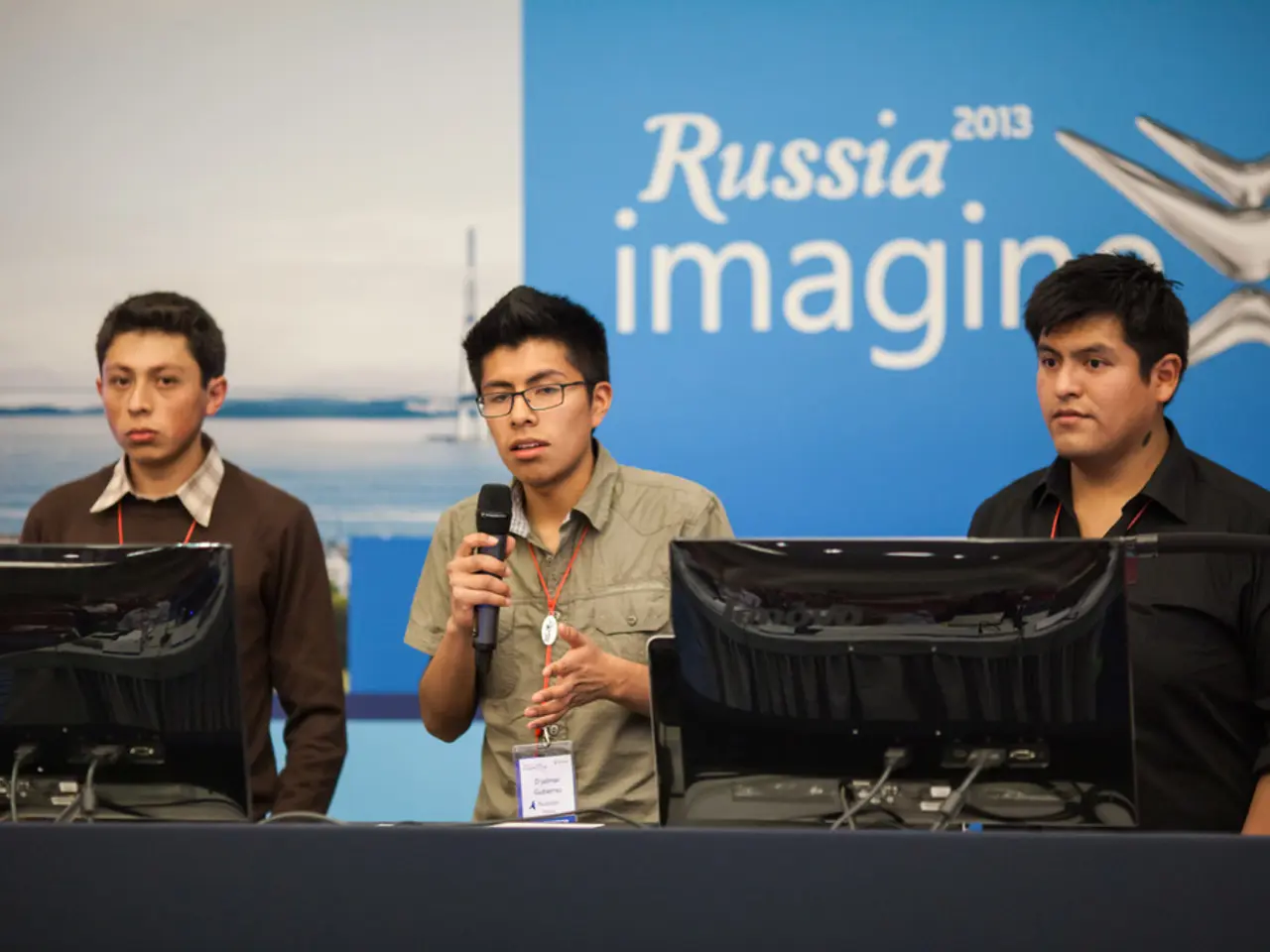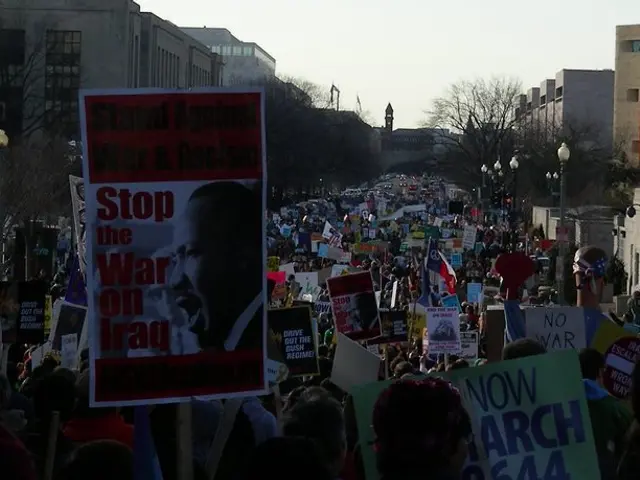EU introduces fresh sanctions against Russian liquefied natural gas, financial institutions, cryptocurrencies, and ahidden maritime fleet in a new wave of restrictions.
The European Commission has announced a new round of sanctions against Russia, marking the 19th package since February 2022. The proposal, presented by President Ursula von der Leyen on Friday, aims to intensify the pressure on Russia and end its use of the global financial market for illicit transactions.
The sanctions target banks, 118 vessels from the 'shadow fleet', and cryptocurrency platforms used for money laundering. Notably, the plan includes new restrictions on exports of dual-use goods and entities outside Russia that help evade sanctions, including some in China.
Rosneft and Gazprom Neft, two leading providers of Russian oil, would be placed under a 'full transaction ban' if the sanctions are approved. The sanctions also aim to end all purchases of Russian liquefied natural gas (LNG) one year earlier, by 1 January 2027.
However, Hungary and Slovakia, known for exerting their veto power, have not explicitly addressed the legal exemption that allows them to continue purchases of Russian crude through the Druzhba pipeline. Both countries, Central European nations with political leaderships maintaining close ties to Russia, reject a rapid EU phase-out of Russian oil and gas imports, citing their national energy dependency and lack of guaranteed alternative supplies.
Brussels considers China as the 'key enabler' of the war, but the 19th package of sanctions does not feature anything resembling the 50% to 100% tariffs on China as Trump had requested. The European Commission's plan also envisions restrictions on exports of dual-use goods and entities outside Russia.
The sanctions are part of von der Leyen's plan to limit Russia's economic capabilities, as she stated that Russia's overheated economy is coming to its limit. The discussions among ambassadors are underway due to recent violations of Polish and Romanian airspace.
It's unclear what stance Hungary and Slovakia will take towards the Commission's proposal. The latest demands from the US president have forced Hungary and Slovakia to acknowledge their longstanding dependency on Moscow. The Druhzba carve-out, which has been in place since mid-2022 and has never been revisited, remains a point of contention.
The article has been updated with more information as the situation continues to evolve. The European Union's sanctions against Russia are a significant part of the international response to the ongoing conflict, aiming to limit Russia's economic power and force it to reconsider its actions.
Read also:
- United States tariffs pose a threat to India, necessitating the recruitment of adept negotiators or strategists, similar to those who had influenced Trump's decisions.
- Weekly happenings in the German Federal Parliament (Bundestag)
- Southwest region's most popular posts, accompanied by an inquiry:
- Discussion between Putin and Trump in Alaska could potentially overshadow Ukraine's concerns








